The Impact of Morphological Diversity in Robot Swarms
Abstract
In nature, morphological diversity enhances functional diversity, however, there is little swarm (collective) robotics research on the impact of morphological and behavioral (body-brain) diversity that emerges in response to changing environments. This study investigates the impact of increasingly complex task environments on the artificial evolution of body-brain diversity in simulated robot swarms. We investigate whether increasing task environment complexity (collective behavior tasks requiring increasing degrees of cooperative behavior) mandates concurrent increases in behavioral, morphological, or coupled increases in body-brain diversity in robotic swarms. Experiments compared three variants of collective behavior evolution across increasingly complex task environments: two behavioral diversity maintenance variants and body-brain diversity maintenance. Results indicate that body-brain diversity maintenance yielded significantly higher behavioral and morphological diversity in evolved swarms overall, which was beneficial in the most complex task environment.
In this presentation, we will cover what Agent-Based Social Simulation is, how it is different to standard optimisation tasks and the role Machine Learning and AI plays in these systems. We will also go over the history of Agent-Based Social Simulation and illustrate some of new and exciting fields that are using it such as Epidemiology, Disaster Management and Computational Archaeology. Lastly, we will take a look at some recent developments in the field and try to predict what will happen next.
SPEAKER
Sindiso Mkhatshwa is a masters student at the University of Cape Town, working under Geoff Nitschke in the Computer Science Department. Previously, he completed his undergraduate studies in Electrical and Computer Engineering at the University of Cape Town.
DATE
14 June 2023